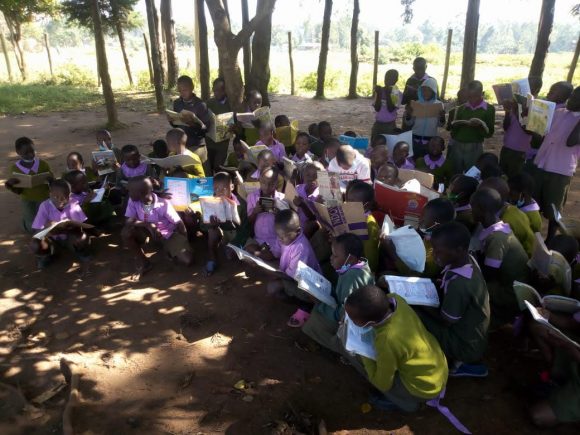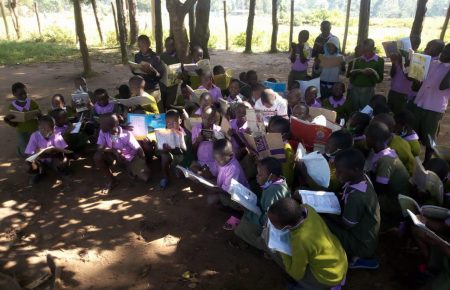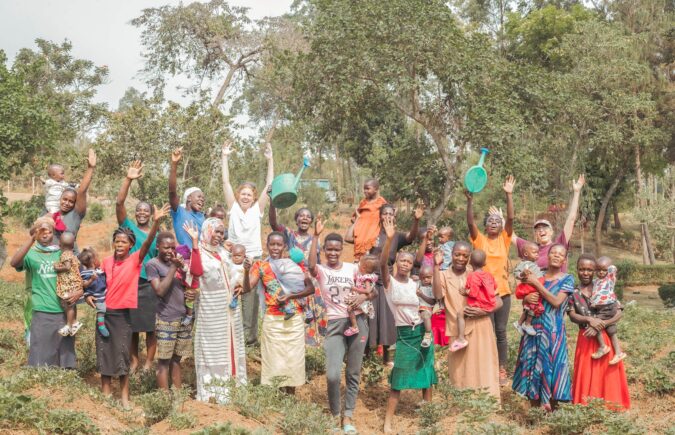Africa Needs Not Just Greater Literacy, But Also More Publishers
October 2023
To support our Library appeal, Katie Isbester explores the importance of publishers in creating the intellectual fabric of a healthy culture.
Publisher, Entrepreneur, Weaver By Katie Isbester
We are scribblers by nature. And scribblers need publishers to reproduce, distribute and sell. The question is how to make money out of that reality. Publishing needs a viable business model so entrepreneurs – clever and mercantile – light up when they think of it.
As early as 3500 BCE, in Mesopotamia, the human species figured out how to write. We were carving epics into stone about a hero called Gilgamesh whose valiant battles were interposed with delightful sex on a river bank with his queen.
Hard to call the stone masons who hammered out Gilgamesh its publishers, much less entrepreneurs.
Publishing, as a business, didn’t emerge until 1440 when Gutenberg invented the printing press, a secret he tried to keep as long as possible, suggesting that he hadn’t quite grasped the business plan behind it. Initially, the printing press was not successful. Gutenberg Bibles, now worth a fortune, were then cheap and nasty, and hard to sell. The man who subsequently bought the Gutenberg press, used it to churn out advertising leaflets. He, unlike Gutenberg was an entrepreneur but not a publisher.
The first book that showed how publishing could make money was – of course – porn. Published in 1740 Pamela told the story of a pretty maid whose employer kept trying to do naughty things to her, which she really rather enjoyed. It took 300 years, widespread literacy, disposable income, and poor taste in reading material to build the publishing industry we know and love today.
The Brits were late to the party. Many places in Europe had these qualities before us. Amsterdam and Venice were notable for being centres of publishing within a lifetime of Gutenberg. The bestseller in the time of Leonard da Vinci was the “miracle” birth of a two-headed calf. I’m sure the publisher did well out of that one too.
At the moment, there are only seven publishers in the whole country of Kenya. And hats off to them. Mostly, these seven publish books related to education or Christianity. Kenya is not unique. Africa in general needs more publishers.
Here’s why: publishing may not lend itself to entrepreneurialism but is integral to the creation of a people as a people. Publishing is about telling our stories about ourselves to ourselves. Through these stories we better understand our shared world. Unlike TV shows or internet memes, books can be gifted, stored and revisited. They can be debated and quoted, studied and re-interpreted. Books tend to be the warp and weft of the fabric of our culture. Publishers are weavers. Countries need weavers. So Africa needs not just greater literacy and more books. But also more publishers. And building libraries are the first step.
Everywhere, the trick is to persuade weavers to weave us our stories.
This story is listed in: Uncategorized




